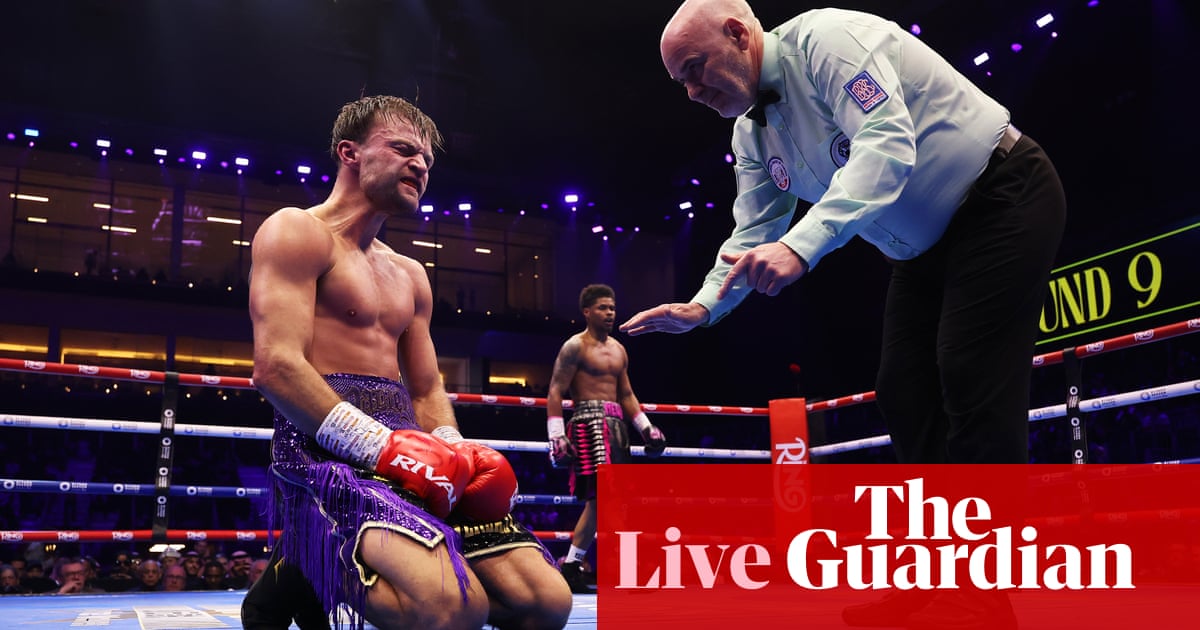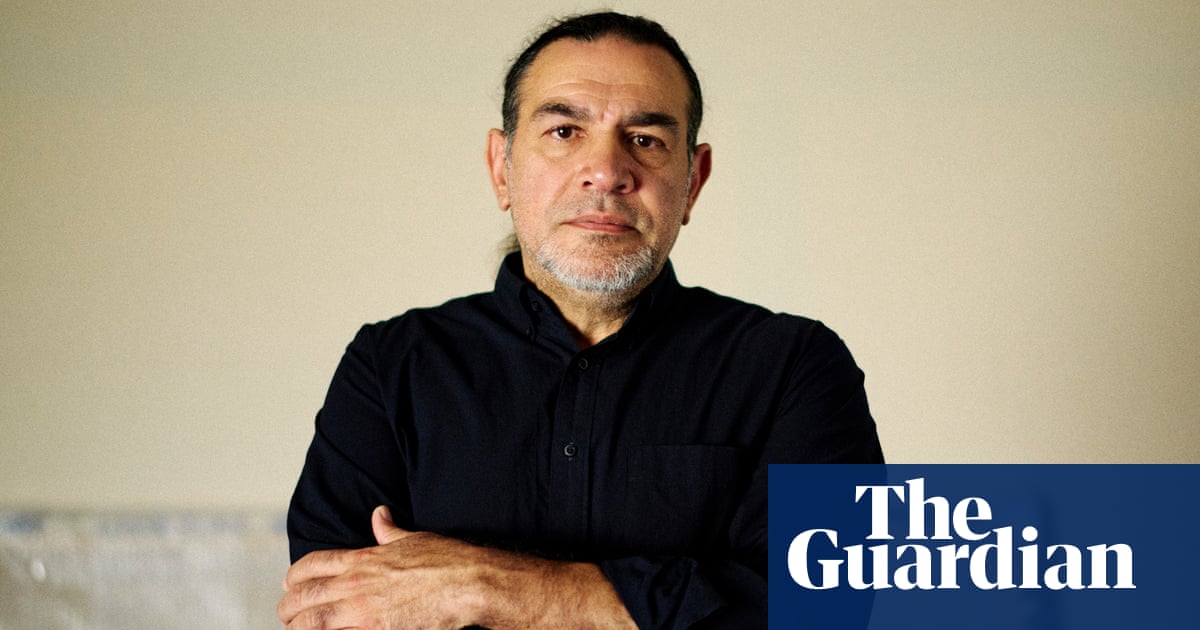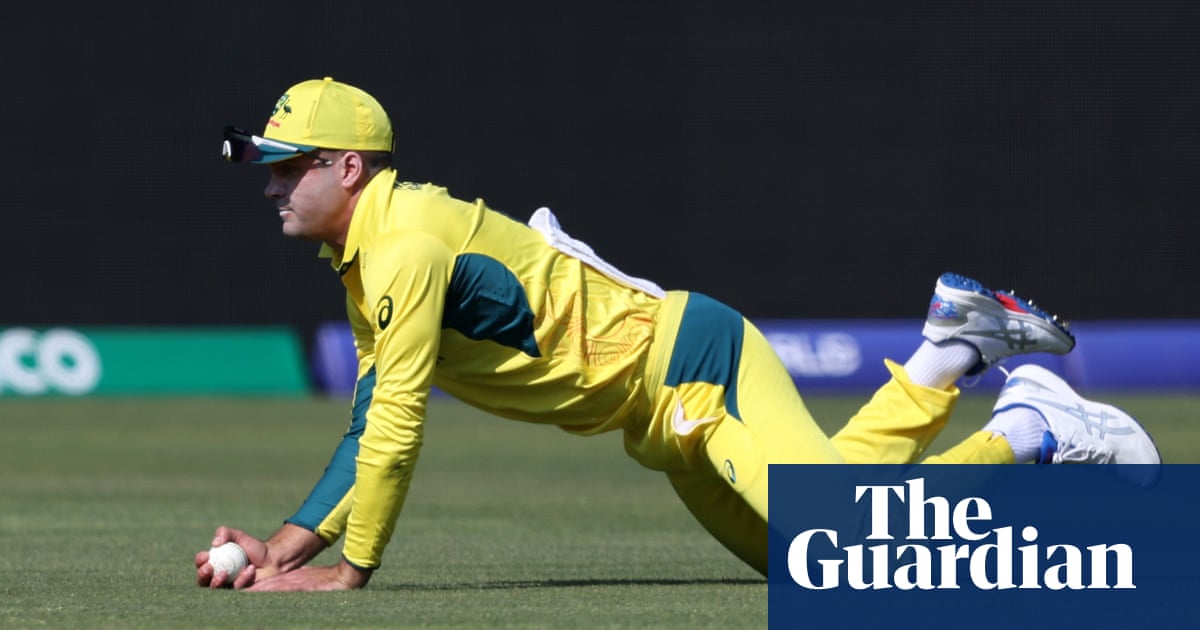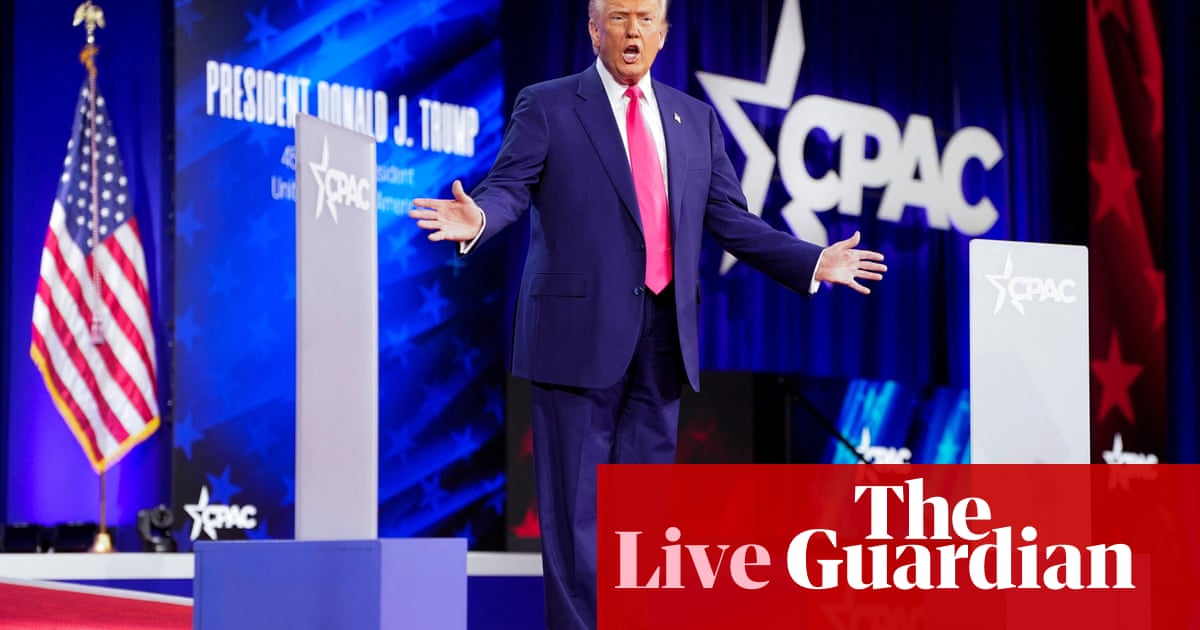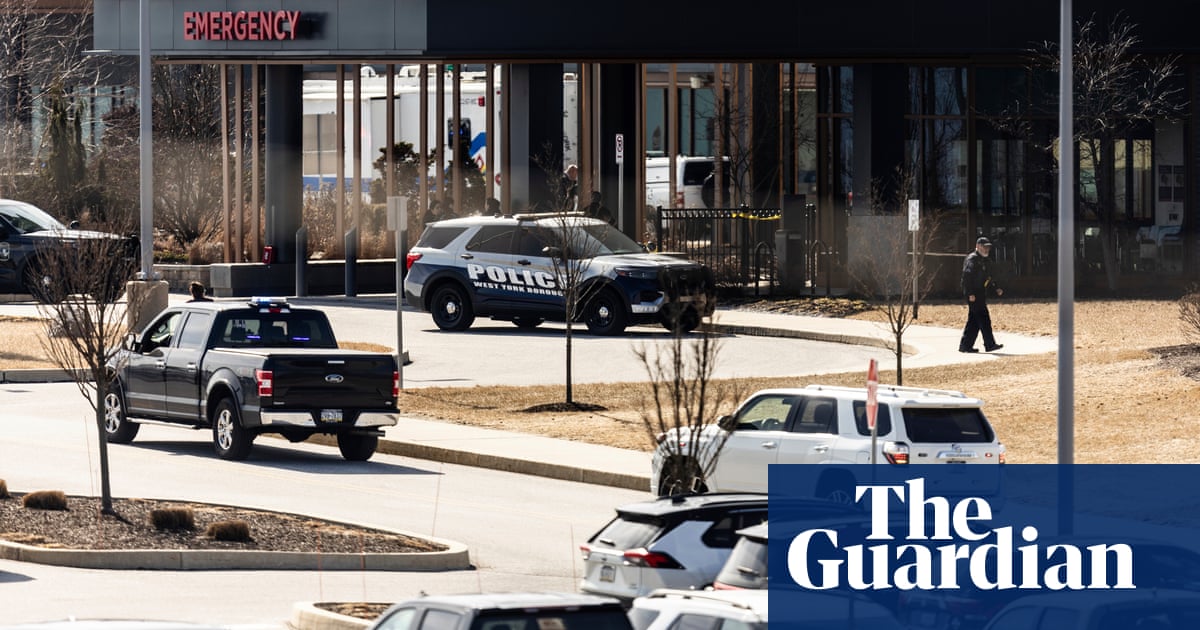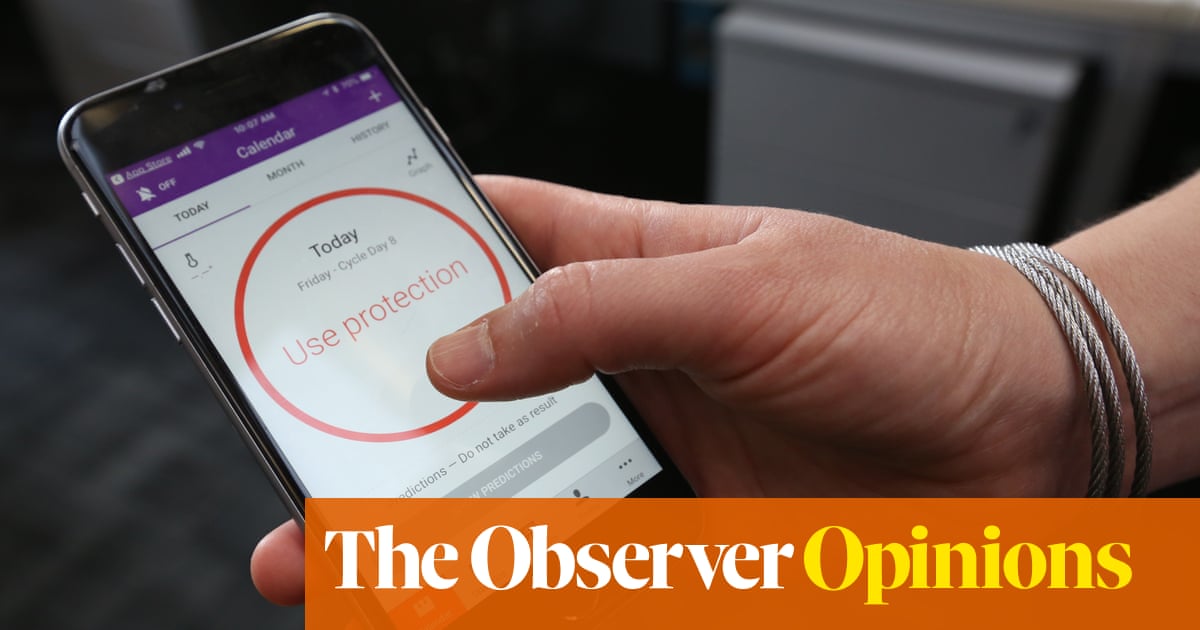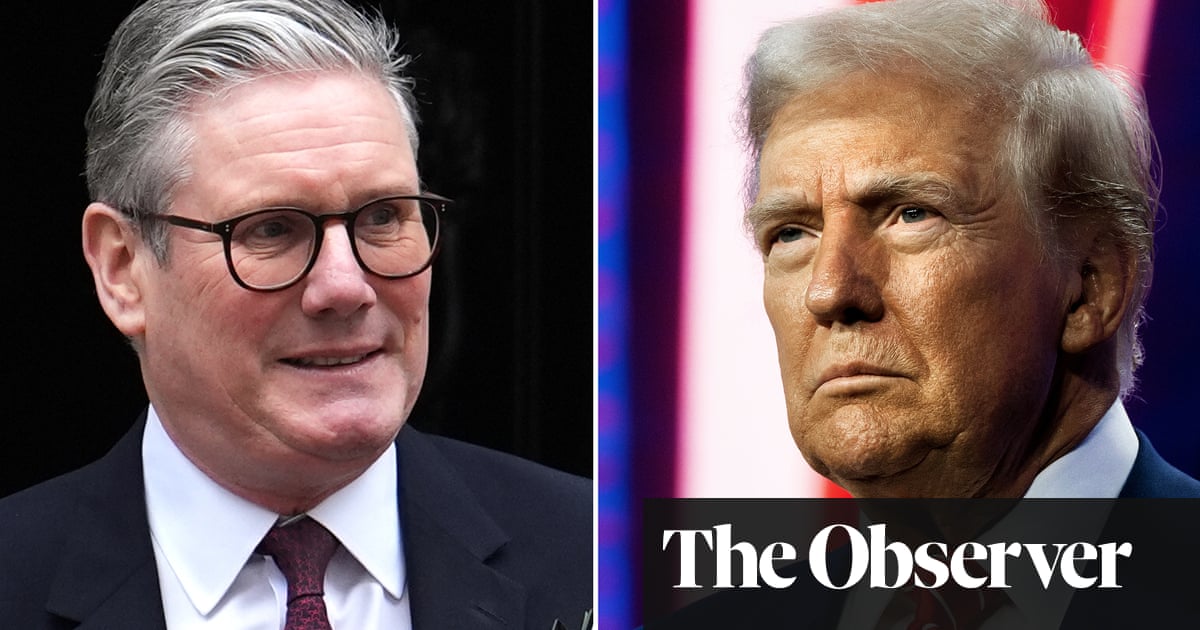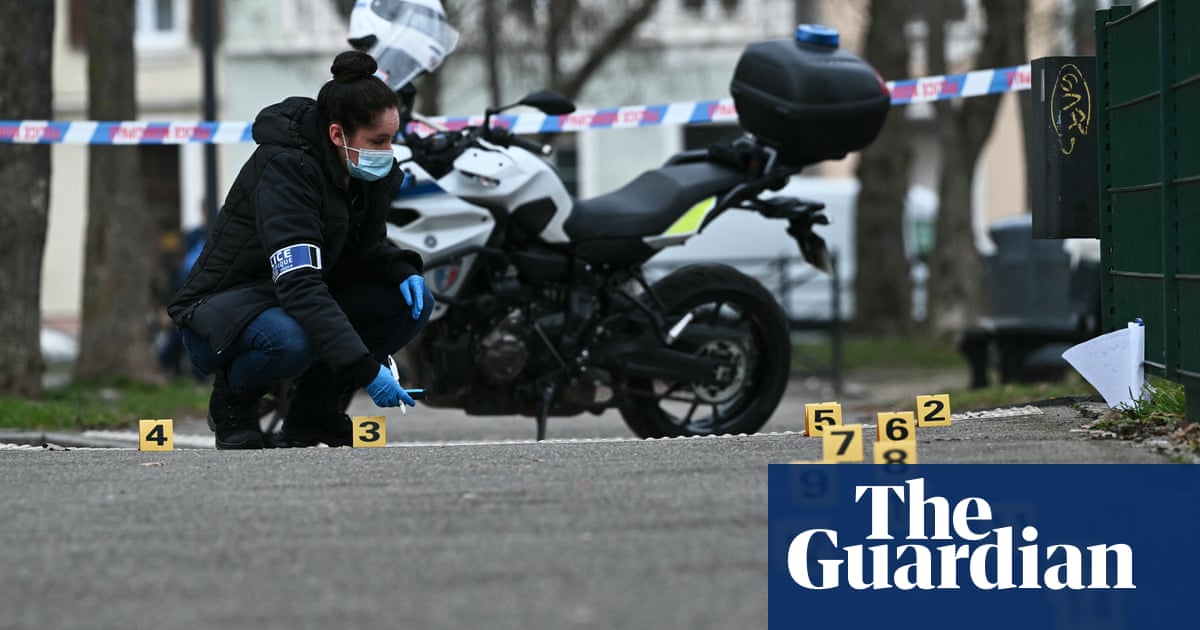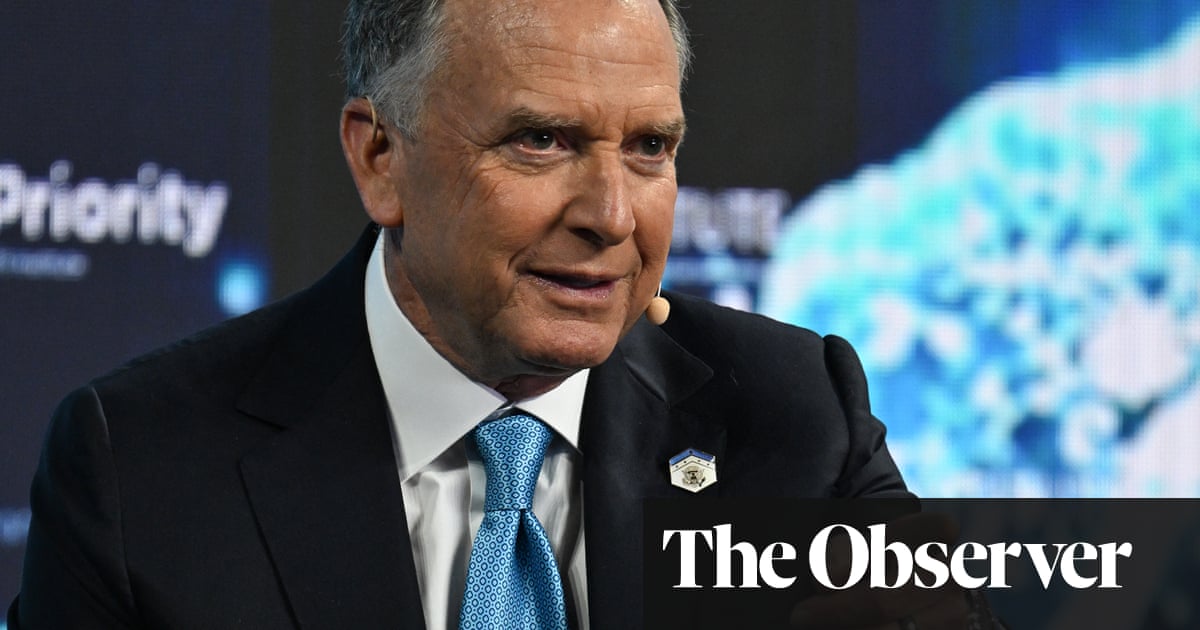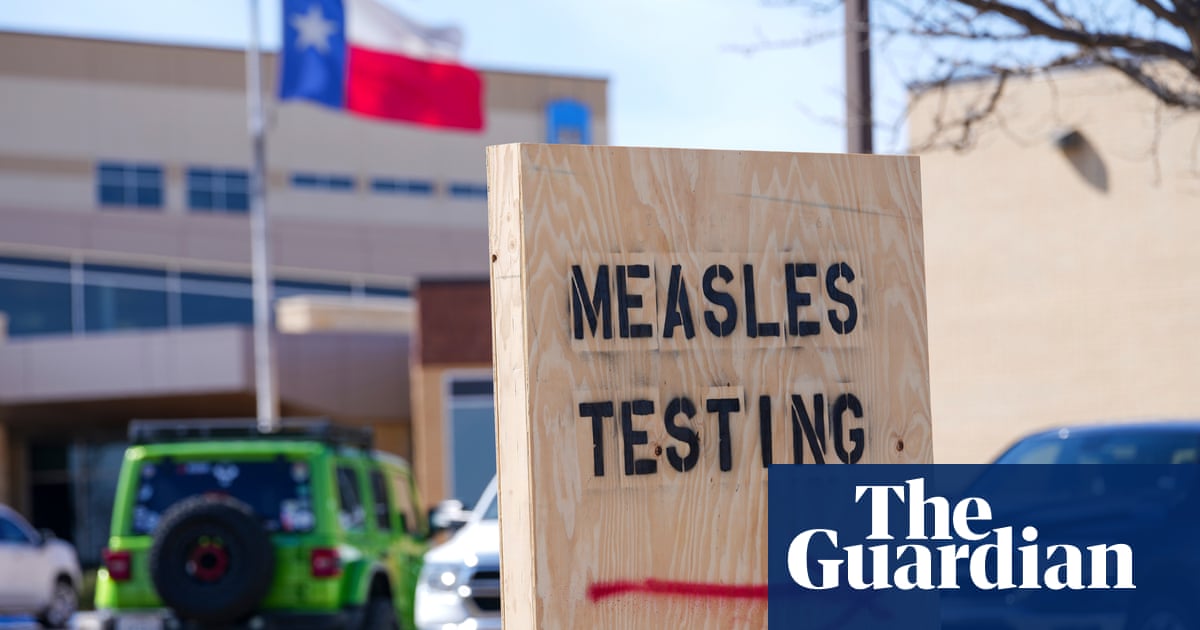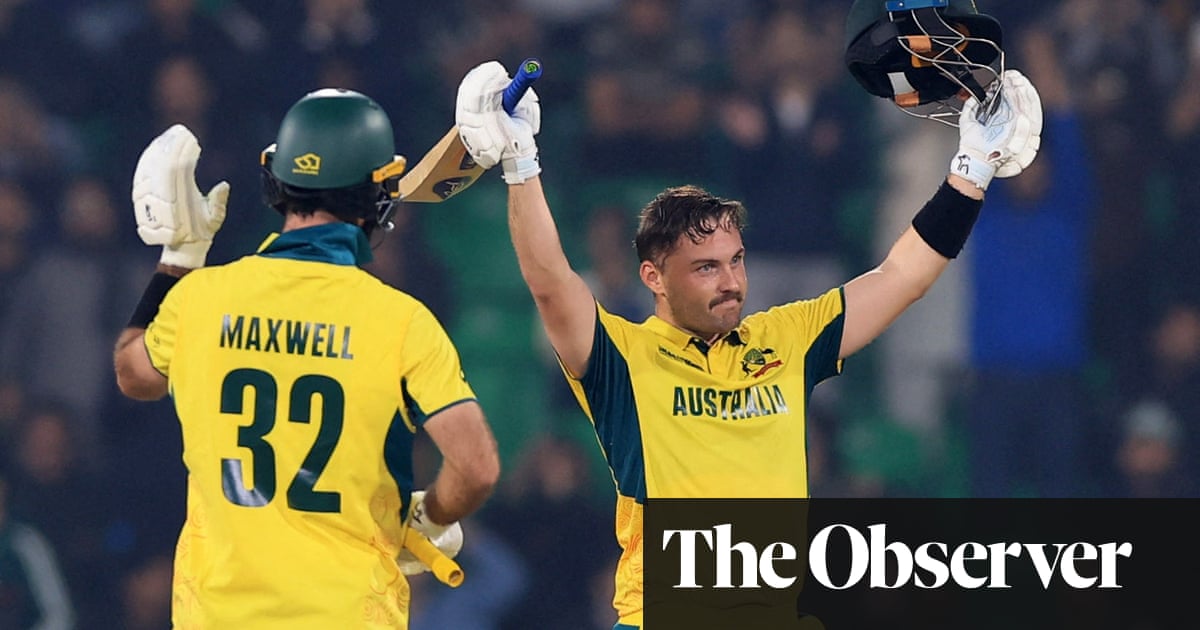The US envoy Amos Hochstein has said there is “positive progress” towards a ceasefire in Lebanon after talks in Beirut aimed at ending 13 months of fighting between Israel and Hezbollah.
Hochstein has met Lebanese officials over the past two days after Hezbollah indicated it had agreed to the text of a US ceasefire proposal, although with some comments. He said on Tuesday that the gaps between Hezbollah and Israel had “narrowed”, raising optimism about a deal between the two parties.
Hochstein will meet Benjamin Netanyahu, Israel’s prime minister, on Thursday.
Fighting between Israel and Hezbollah started on 8 October 2023 after Hezbollah launched rockets at northern Israel “in solidarity” with Hamas’s attack the day before. The two sides engaged in low-grade, tit-for-tat fighting until late September, when Israel launched an intense aerial campaign across Lebanon and a ground incursion in the south. Since then, almost all of Hezbollah’s senior leadership has been killed and the group has faced continual losses on and off the battlefield.
Over the past week, Lebanese, Israeli and US officials have said that a ceasefire was increasingly possible – though the details of what that would entail are not yet clear.
Central to ceasefire negotiations is the presence of Hezbollah in Lebanon’s south and its sway over the country in general, the politics of which it has dominated for the past decade.
Israel has said it wants Hezbollah to be pushed back beyond the Litani River, 20 miles away from its border, as a form of security guarantee for people in northern Israel, tens of thousands of whom have been displaced by Hezbollah rocket fire over the past year.
It had previously also said that it wants the power to unilaterally enforce a ceasefire agreement, which would give it de facto permission to carry out airstrikes in Lebanon at will. The Lebanese speaker of the house, Nabih Berri, said last Tuesday that “no sane person” would agree to such a condition.
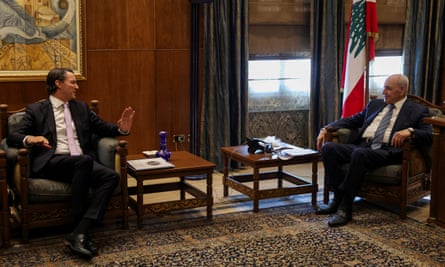
Israel and western mediators have pointed to an increased presence of the army in south Lebanon as a way of ensuring Hezbollah does not build up its arsenal along the border, as it did after the 2006 Israel-Hezbollah war. Hezbollah has not objected to this proposal publicly.
In a speech shortly after the conclusion of Hochstein’s visit, Naim Qassem, the secretary general of Hezbollah, said that the group was working on “two tracks, the field and the negotiations,” and that it would not stop fighting until a ceasefire was signed.
He said his group would not accept any truce that allows Israel to enter Lebanon “whenever it wants”.
In the days leading up to Hochstein’s visit, Israel escalated its attacks on Lebanon, striking central Beirut three times in 24 hours after a break of more than a month. Hezbollah, in turn, launched missiles at Tel Aviv and attacked five military bases in Haifa.
Initially, Hezbollah said that its purpose in attacking Israel was to force a ceasefire in Gaza – and refused to enter into negotiations before that was achieved. However, the killing of its senior leadership and thousands of its members, in addition to the continual progress Israeli forces have made in south Lebanon, has led the group to abandon a Gaza ceasefire as a prerequisite for negotiations.
On Wednesday, Qassem said: “Our second battle after the battle to support Gaza began two months ago … which is to repel the comprehensive aggression against Lebanon.”
The fighting in Lebanon over the past year has killed 3,544 people, led to 1.2 million being displaced and wide swathes of south Lebanon destroyed. The World Bank said that the conflict has cost Lebanon $8.5bn since it started.

 3 months ago
57
3 months ago
57
